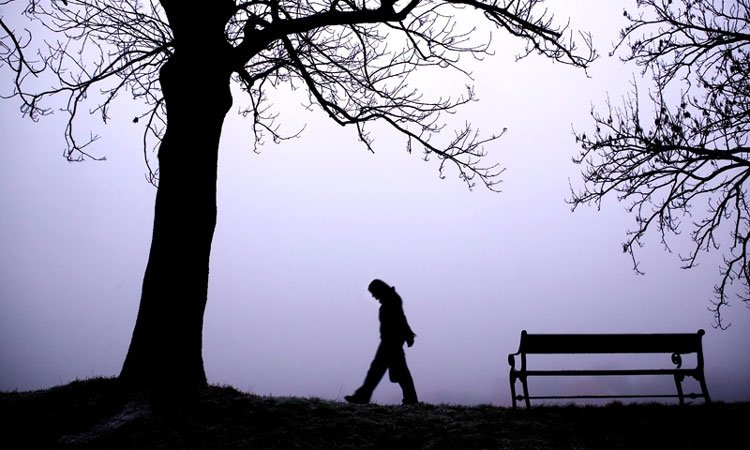The prodigal son is probably one of the better known of Jesus’ parables. 1 It tells of a young man who leaves home, goes astray, regrets his decisions, and eventually returns to the loving, warm welcome of his father. It’s a theme that’s been retold countless times in literature and life, portrayed in art, danced in ballet, and even played in contemporary music, such as the Rolling Stones’ cover on their album Beggar’s Banquet. It’s a story of humanity that transcends nationality, creed, place, or even era, a story that is as poignant and relatable today as it was two millennia ago.
In many respects, it’s a story about decisions. The young man’s fateful decision to leave home, wasting his life and inheritance, is part of the narrative; then there are the better decisions, when he comes to his senses and makes up his mind to return.
The father also has decisions to make. Should he accept his son with open arms or chide and punish him for his mistakes? And it’s this part of the story that contains a detail that is often overlooked.
Imagine the scene: the young man, thin, bedraggled, and rather the worse for wear from his terrible experiences of dire poverty. The father, crying tears of joy as he embraces his boy. Yet the moment when the father opens his heart to welcome his son is not as we often picture it, with the son kneeling, pleading for forgiveness, expressing his repentance for going astray. No, this crucial moment comes earlier:
“While he was still a long way off, his father saw him coming. Filled with love and compassion, he ran to his son, embraced him, and kissed him.” 2
His boy hadn’t yet spoken a word, but the father—who had no doubt gone through anguish and heartache for many months or even years—didn’t hesitate. In fact, he didn’t even wait until his son had arrived; he ran out to meet him.
This is a picture of God’s unconditional love. He doesn’t wait for us to say exactly the right words, He doesn’t look at our bedraggled state or how life has left us the worse for wear and stand back until we clean up our act. He doesn’t chide us for past mistakes and wrong decisions. From the moment we turn to Him, He receives us with open arms and forgives us.
